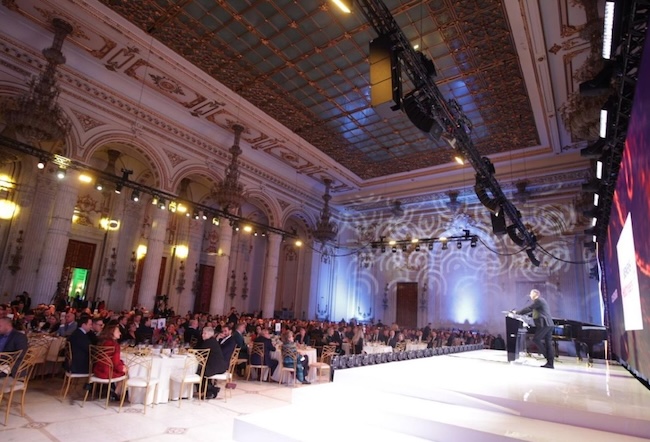Entrepreneurs fear the danger of an inflationary spiral

The National Confederation for Women Entrepreneurship - CONAF points out that the intensity of inflation will affect especially small and medium-sized companies, both in terms of increasing production costs and increasing the cost of credit. In addition, there is a real danger that inflation will boost wage growth, which could create an inflationary spiral and unemployment.
"March inflation rose to 10.5%, which confirms analysts' concerns and describes the declining purchasing power of the population in the last year. Also worrying is the World Bank's forecast, which estimates inflation at 9.8% this year and 5.3% next year. The estimate suggests an increase in monetary policy interest rates to curb inflation. However, the impact of inflation on small and medium-sized businesses is greater than the figures in official estimates suggest. Manufacturers and service providers are either required to raise prices and tariffs in order to withstand rising operating costs, or to borrow from banks to survive in the marketplace. We point out that small and medium-sized businesses do not have the same power as large companies that can afford, in the long run, a price increase ", says Cristina Chiriac, CONAF president.
Entrepreneurs are also worried about the prospect of rising lending as a result of future increases in the central bank's monetary policy interest rates. Let's not forget that even before the start of the invasion of Ukraine by Russia, the business environment was facing a deterioration of resilience in the market, due to the massive rise in energy prices. Many small and medium-sized companies have not fully recovered from the negative effects of the COVID-19 pandemic, when containment measures have particularly affected service and trade businesses. And we must not ignore the danger that the positive effect of the lifting of containment measures will be offset by the negative shock of rising prices and the intensification of uncertainties.
Despite the fact that the labor market remains relatively strong, in some areas there is an already chronic shortage of staff, with inflation also putting pressure on wage growth. Thus, there is a deterioration in consumer confidence, and as such, we expect a negative impact on consumer spending. Although we do not see a dramatic impact yet, we are waiting for the first quarter data, in order to be able to assess the trends.
"We understand the desire of the authorities to ensure a sustainable level of income for the population to cope with rising prices and especially rising energy tariffs, but we can not fail to note that a sustained increase in the minimum wage will create big problems for small and medium enterprises . A possible 200 lei increase in the minimum wage, which comes after it was already increased by 10.9% in October, raises the total effort to 19.56% compared to the level of the gross minimum wage in 2021. In other words, the costs Small companies, which have employees paid with the minimum wage, will increase by almost 20% compared to October. From this rather high level, of increasing the minimum wage again in less than a year, we can witness the entry into an inflationary spiral. A small financial effort will be needed for small and medium-sized companies. It could be managed either by increasing the prices of products and services offered, which imposes inflation, or by reducing the number of employees, which increases the number of unemployed and the state's spending on unemployment. Therefore, we want all the measures, which have their social logic, which we understand, to be agreed with the business environment and to work together on scenarios regarding the effects ", Chiriac added.
The National Confederation for Women Entrepreneurship (CONAF) has launched one of the largest projects, the "Labor Pact", which debated the issue of labor shortages. The National Confederation for Female Entrepreneurship is the only confederation in Romania that brings together the interests of entrepreneurs in a cohesive structure. CONAF was created as a result of the need to create an entrepreneurial culture adapted to the new business trends and this, not only for female entrepreneurship, but also for the entire entrepreneurial environment.






